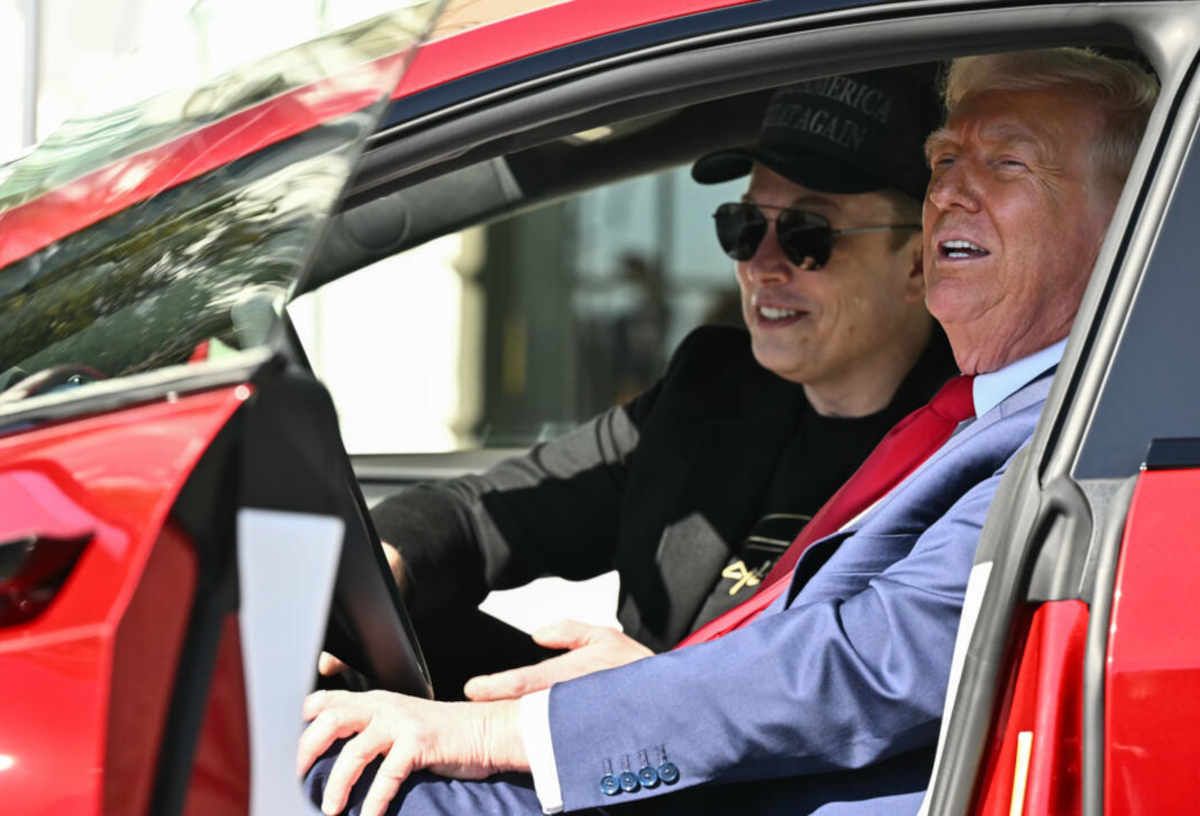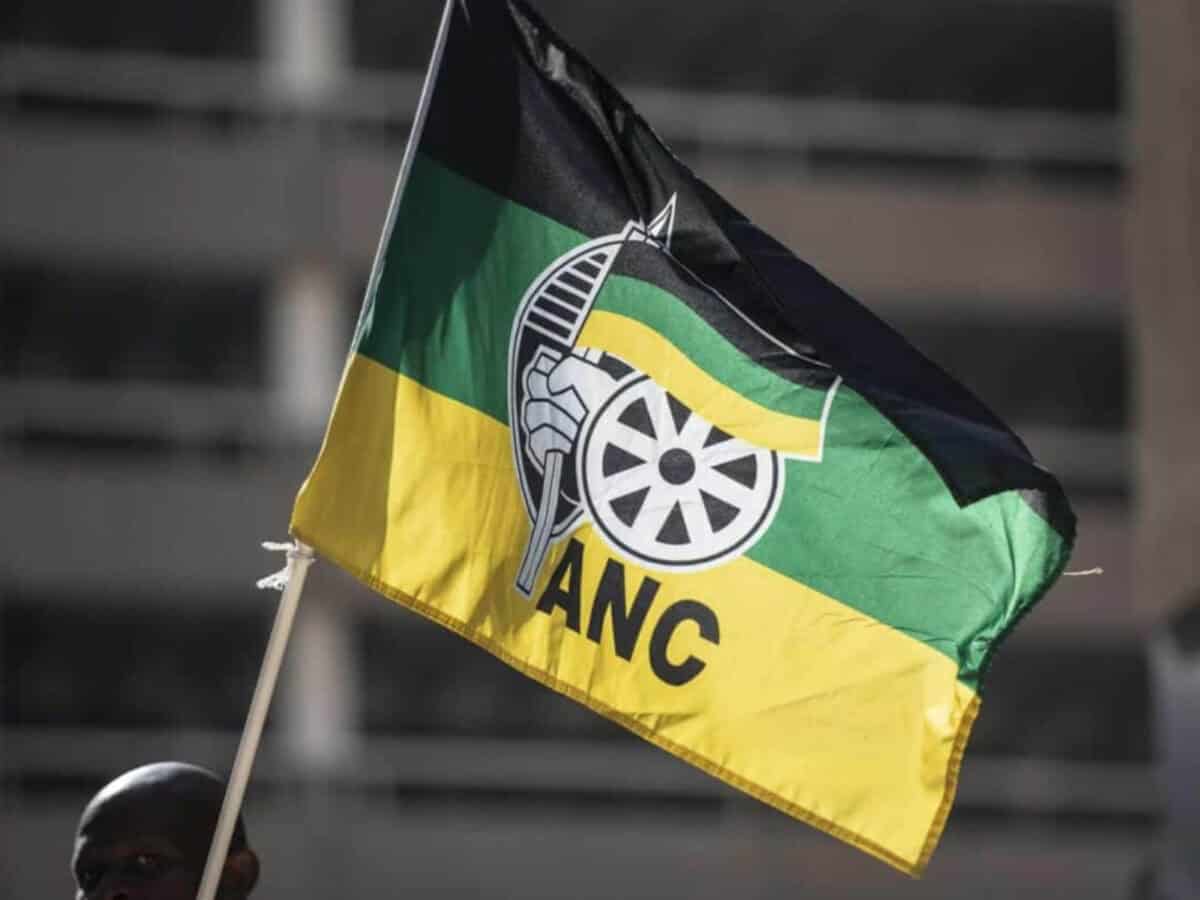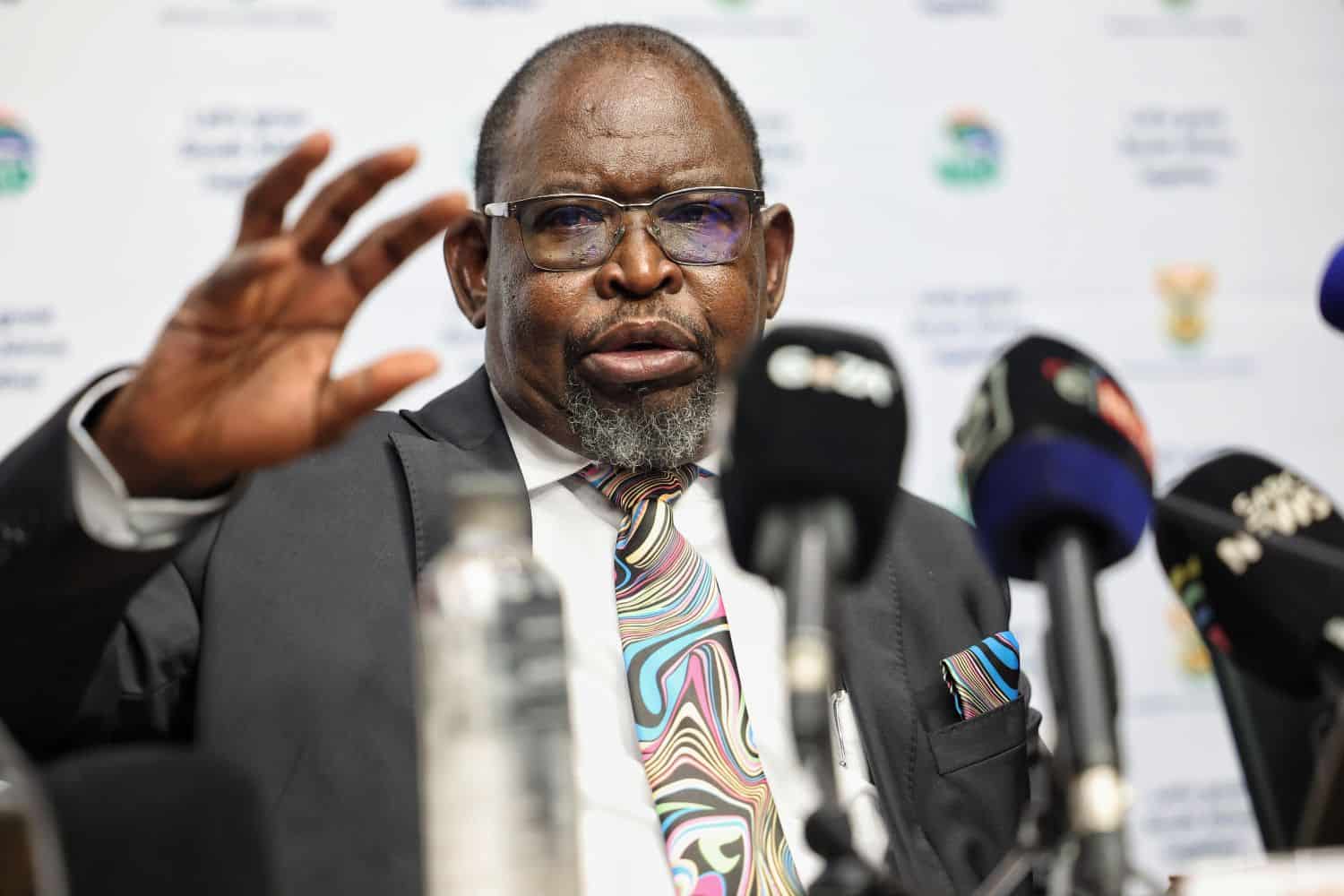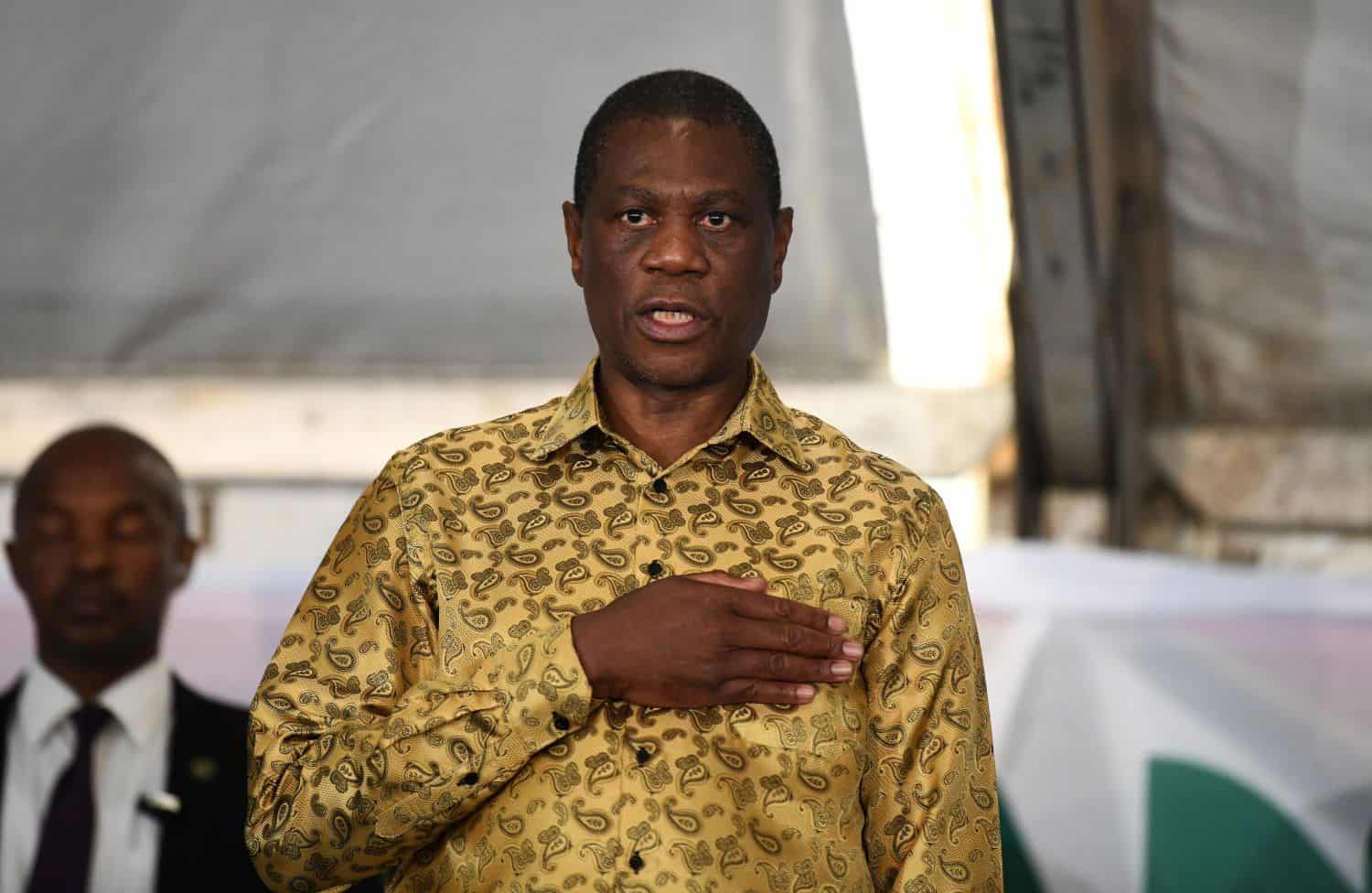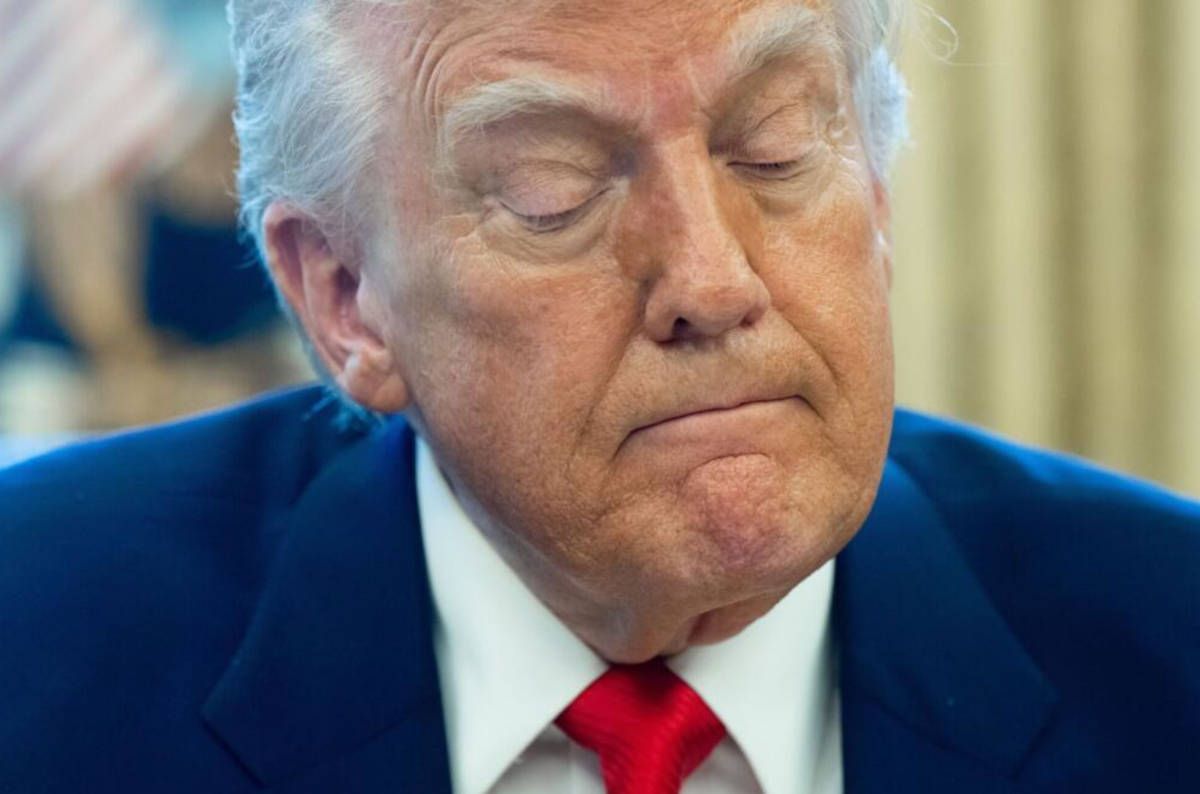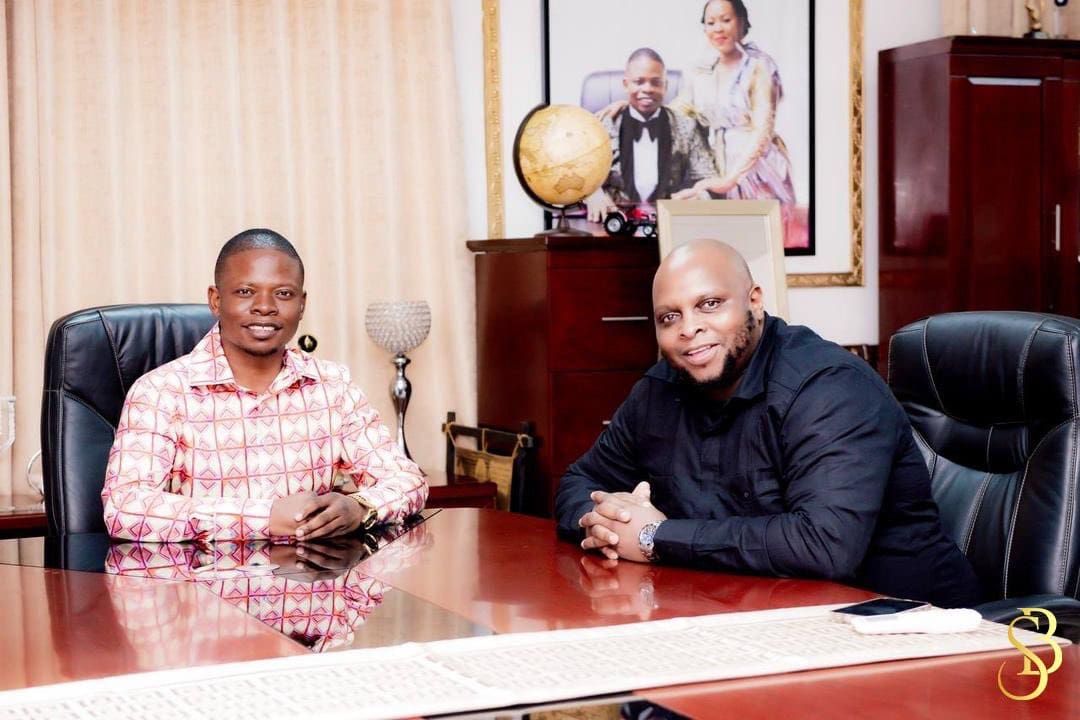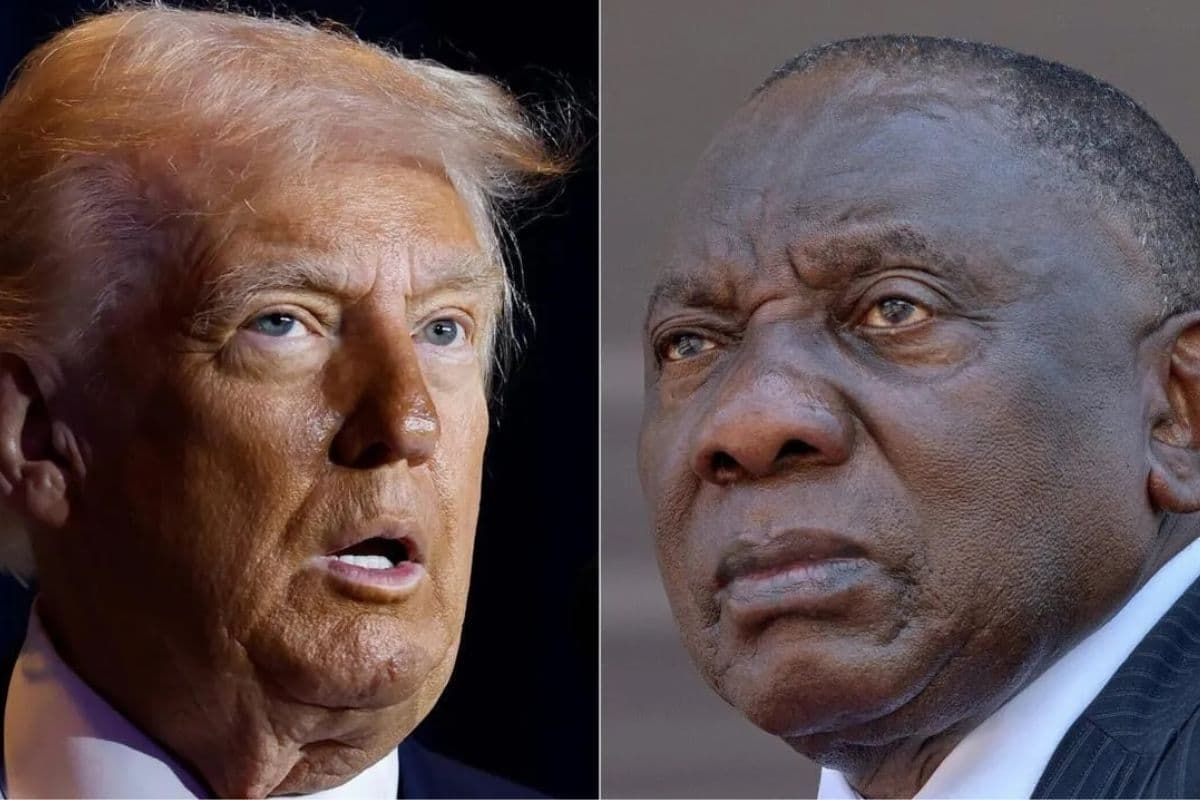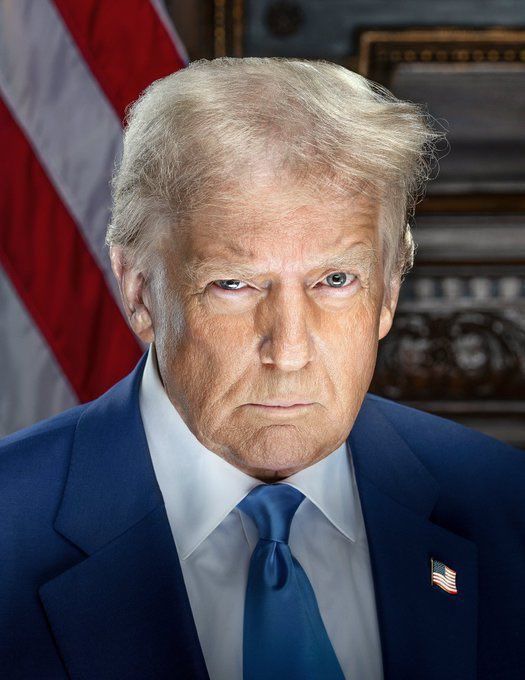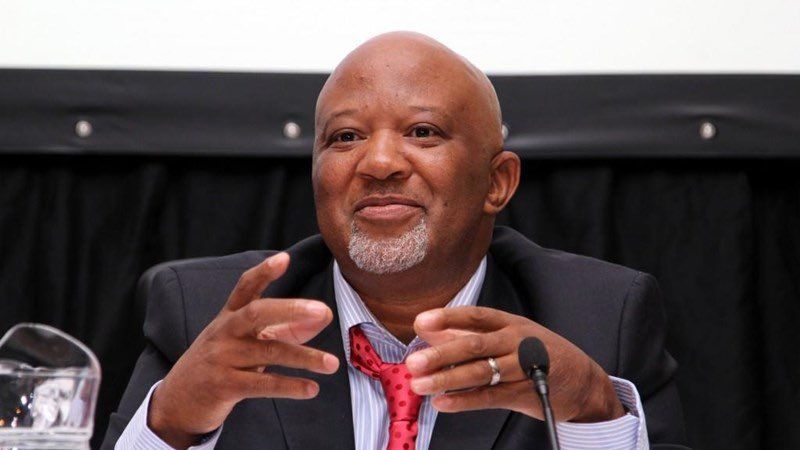Recently, South African President Cyril Ramaphosa extended an official invitation to Ukrainian President Volodymyr Zelensky for a state visit. What might have appeared as a routine diplomatic gesture, quickly became a lightning rod for criticism drawing sharp rebuke not only from ordinary citizens but also from several major political parties and leaders across the country.
In a political environment marred by a prolonged budget impasse and incessant power struggles, the government has been unable to settle key fiscal reforms and deliver services that address poverty and infrastructure needs.
South Africa’s leadership is currently engulfed in a bitter struggle over budget formulation and fiscal responsibility a state of affairs that mirrors a broader governance breakdown. Against this backdrop, the invitation to Zelensky is seen by many as a further distraction from urgent domestic reforms, risking not only the nation’s political cohesion but also the public’s trust.
MK Party: Zelensky is a ‘puppet president’
One of the most vociferous voices in opposition has emerged from the uMkhonto we Sizwe (MK) Party. At a recent media briefing in Sandton, MK Party secretary-general Floyd Shivambu lambasted the invitation, categorically labelling Zelensky a “puppet president” beholden to NATO-led militarism.
According to MK Party spokespeople, the planned state visit is more than a diplomatic error it signals an alignment with Western security interests that contradicts South Africa’s long-practiced stance of non-alignment. Shivambu stressed that the visit symbolises a betrayal of historical anti-imperialist principles, and he announced that the party would soon mobilise mass protests against the arrival of Zelensky.
These street protests, as planned by the MK Party, are intended not only to express dissent but also to galvanise public opinion around the assertion that South Africa should remain independent from superpower rivalries.
The South African Communist Party (SACP) has offered an equally scathing critique. During a media briefing, SACP spokesperson Alex Mashilo called the invitation “ill-considered” and demanded its immediate withdrawal. Mashilo argued that the decision places South Africa on the wrong side of history by implicitly endorsing a US-led imperialist agenda. In a pointed allegation, he claimed that Zelensky’s presidency was already on shaky grounds, asserting that without recently held elections, his mandate is questionable.
By questioning the legitimacy of Zelensky’s leadership, Mashilo contended that the state visit would not only be a diplomatic faux pas but also an ideological provocation that threatens to erode South Africa’s historical commitment to non-alignment and anti-imperialism.
EFF and MK in aggreement
Across South Africa, many voices both from citizens and political figures have declared rejection of Zelensky’s visit. At an Economic Freedom Fighters (EFF) rally, Julius Malema sharply criticised the invitation, accusing Zelensky of being a puppet of the West and that Zelensky is not welcome in the country.
The widespread discontent is further underscored by events on the ground. In March, during protests originally held to express support for Palestine, demonstrators were heard chanting anti-Ukrainian slogans. These protests, while centred on a different issue, quickly became a barometer for public sentiment against the planned state visit.
In online comment sections and on social media posts by Ramaphosa, citizens vented their anger, accusing the government of squandering public funds on what they deemed “ritualistic” or purely symbolic actions.
Such reactions point to a broader societal disillusionment: many South Africans are questioning the rationale behind the invitation, arguing that it could inflict irreparable damage to South Africa’s diplomatic standing and its relationships with both Russia and the United States.
In conclusion, the mounting, multifaceted criticism of Zelensky’s forthcoming state visit reflects a deep-seated unease within South Africa. The invitation is being denounced by political parties from the MK Party’s promise of street protests and the SACP’s ideological repudiation to the EFF’s pointed warnings.
Even protestors, during unrelated demonstrations in support of other causes, have voiced their disapproval by chanting anti-Ukrainian slogans. Many believe that this visit could severely undermine South Africa’s independent foreign policy, harm its strategic ties with global powers, and result in a massive waste of taxpayer money.
As the visit draws nearer, the convergence of these voices suggests that South Africa’s political and public spheres remain deeply divided and that the invitation to Zelensky may become a flashpoint for further discord in a country already reeling from internal strife.

